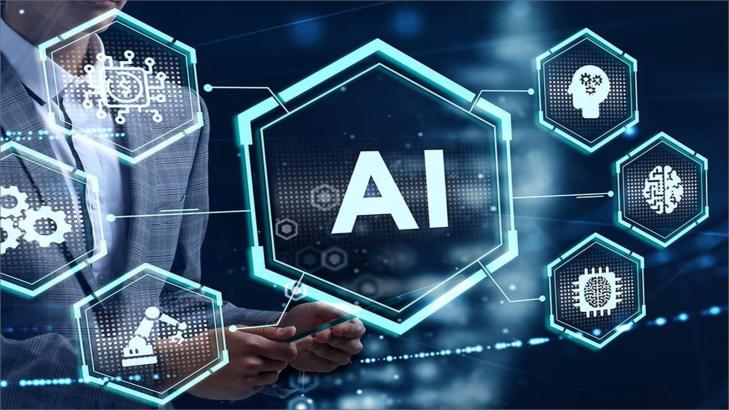
How Will Artificial Intelligence Impact Businesses in the Coming Years?
Artificial intelligence (AI) is no longer just a futuristic concept—it has become a driving force for innovation and transformation across industries. With rapid advancements in machine learning, predictive analytics, and natural language processing, businesses are increasingly relying on AI to boost productivity, enhance service efficiency, and reduce operational costs. But how will AI impact businesses in the coming years?
1. Enhancing Productivity and Work Efficiency
AI can help businesses automate repetitive tasks and optimize production processes. For example, robots and automation software can handle routine activities such as data entry, order processing, and customer inquiries, allowing employees to focus on more strategic tasks.
2. Predictive Analytics and Smart Decision-Making
With AI-driven data analytics, companies can predict market trends, analyze customer behavior, and make data-driven decisions instead of relying on intuition. For instance, e-commerce platforms can anticipate customer needs based on their purchase history, enhancing user experience and increasing sales.
3. Improving Customer Experience and Support
Smart chatbots and virtual assistants are becoming increasingly capable of handling customer inquiries quickly and accurately, improving user experience while reducing the workload on customer service teams. In the future, AI may be able to understand customer emotions and interact in a more human-like manner.
4. Strengthening Cybersecurity and Data Protection
As cyber threats increase, AI will become a crucial tool in detecting and responding to security risks in real time. AI-powered security systems can analyze suspicious activities and identify attacks before they occur, helping businesses protect their data and customers' information.
5. Enhancing Recruitment and Human Resources Management
AI is already being used to analyze resumes, conduct initial interviews, and assess employee performance. In the future, technologies like emotional AI may help evaluate candidates’ compatibility with company culture, leading to better hiring decisions.
6. Innovating Manufacturing and Supply Chains
In manufacturing, AI is paving the way for smart factories, where machines analyze data and adapt to different production conditions. It can also optimize supply chains by predicting demand, managing inventory, and improving logistics efficiency.
7. Changes in the Job Market and Future Roles
While AI creates new opportunities, it may also replace some traditional jobs. However, this shift will lead to new roles requiring expertise in AI development and management. Companies must invest in training their workforce with modern digital skills to stay competitive.
AI is set to reshape the future of business in unprecedented ways—from boosting efficiency to enhancing cybersecurity and driving innovation across industries. However, this transformation requires well-thought-out strategies that balance automation with maintaining the human element in the workplace. Businesses must adopt AI intelligently to maximize its potential benefits.